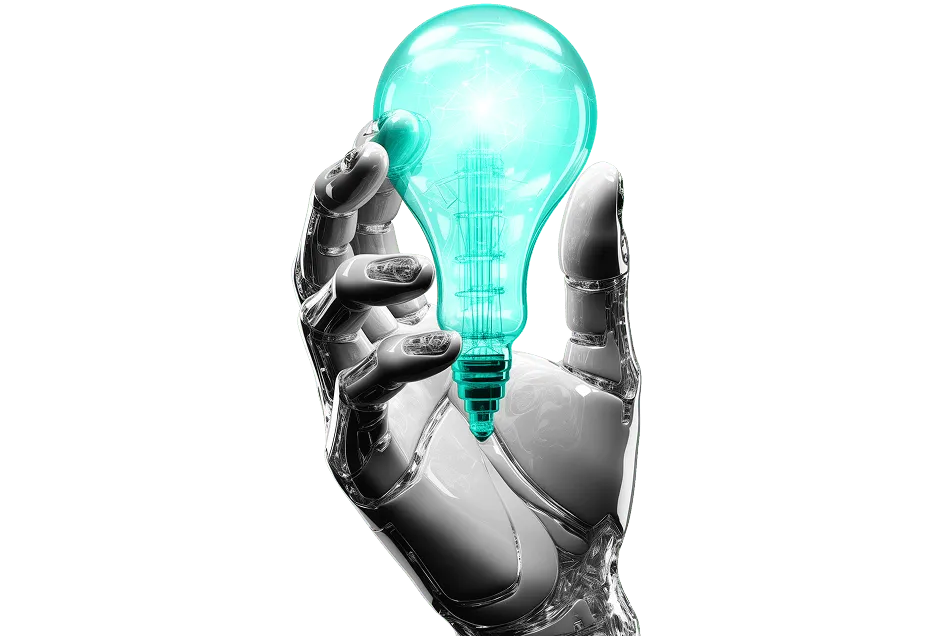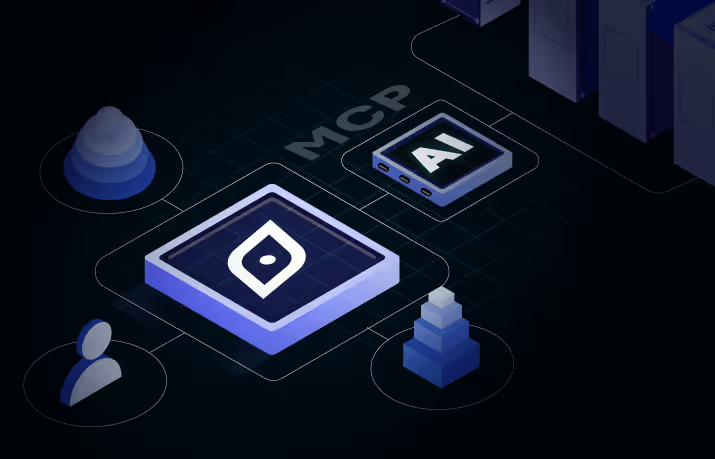How HR and Talent Acquisition Can Look Ahead in Uncertain Times
Global GDP has grown at an average rate of 2.80% (2003-2021), but the talent pool of knowledge workers has only increased by 1.63%, indicating a global talent shortage.
The role of human resources (HR) and talent acquisition has become increasingly important as the global economy navigates a talent shortage and leverages opportunities.
HR leaders must change their recruitment strategies and address employee engagement and productivity issues to attract and retain skilled workers.
Impact of New-Age Tech on HR and Talent Acquisition
Advancements in AI and technology have been a crucial topic of discussion in recent years, with many predictions about their impact on the workforce.
While experts predicted that AI and other new-age technologies would replace a significant chunk of the global workforce by 2020, the pandemic has proven otherwise. Complete automation remains a distant albeit achievable goal.
The current wave of AI is a race with machines, not against them. This is especially true for frontline workers such as retail employees, healthcare professionals, and manufacturing technicians, who are still in high demand. The pandemic has caused a shortage of 16–17% of frontline talent in the United States, creating new challenges for HR and talent acquisition teams.
As the demand for these jobs is expected to grow faster than supply, it will increase the demand-supply gap over time, making it more important for HR and talent acquisition leaders to understand and address these trends.
Changes in Employee Expectations
The way employees think about work, and their expectations from their employers have changed significantly in recent years.
More than 70% of employees want flexible working schedules, while the importance of pay and benefits has decreased comparatively in the post-pandemic period. Employees want to feel valued and supported by their employers.
This is where HR and talent acquisition come in, as they are responsible for measuring employee sentiment changes and protecting the workforce. HR professionals must keep an eye on global trends in employee expectations, which include flexibility, benefits, and work-life balance.
This can include many things, from flexible schedules and health and wellness programs to professional development opportunities and employee assistance programs.
Challenges and Opportunities for HR and Talent Acquisition Professionals in the Future
One of the key challenges companies are facing is the need to increase DEI&B across all areas of the organization. It requires more than just technical expertise, as HR and talent acquisition professionals must also have a deeper understanding of the technologies, rules, and processes involved in digital transformations.
For example, wearable technology can be a useful tool for monitoring employee well-being and productivity, but it also raises concerns about data privacy. Understanding these issues is important for modern HR.
1. Addressing Recruitment bias and data privacy concerns
HR and talent acquisition professionals play a crucial role in addressing bias management and data privacy concerns within their organizations. This includes ensuring that data collection, analysis, and decision-making processes are fair and unbiased and that employees’ personal information is protected and kept confidential.
Additionally, HR leaders must be aware of the legal and regulatory requirements surrounding data privacy and ensure that their organization is complying.
2. Impact of AI and digital technologies on job roles and learning and development
AI and digital technologies are changing how we work and the skills needed for different jobs.
The use of data visualization and big data analytics is expected to have a major impact on various industries, such as finance, HR, and digital marketing.
In HR and talent acquisition, this shift requires companies to identify what new skills are needed for different job roles and develop training programs to help employees acquire those skills.
3. Importance of soft skills in the age of big data
Soft skills are also becoming increasingly important in the digital age, as they are essential for understanding customers’ needs and pain points and designing products and services that meet those needs.
A study by a business school found that products designed with empathy can often outperform those designed using only scientific principles.
HR and talent acquisition professionals have a key role to play in institutionalizing soft skills across the organization and can use public data sources to understand which soft skills are most important for different job families.
The use of data, technology, and AI bring a lot of benefits to an organization, but it’s important to address the potential risks and challenges they bring. HR and talent acquisition leaders must be prepared to adapt and lead the way in creating inclusive, supportive, and effective workplaces for all employees.
It’s time to embrace the future and be proactive in addressing these challenges so that companies can continue to thrive in an uncertain world.
This article has been prepared based on the thought leadership spotlight by Vijay Swaminathan at the From Day One conference on how HR and talent acquisition can look ahead in uncertain times.
Click here to watch the full video where Vijay talks about:
- Importance of HR in uncertain times
- Advancements in AI and its impact on the workforce
- Global trends in employee expectations
- Hybrid work and the importance of onsite/remote work policies
- Opportunities for recruiting and learning, and development
- Challenges and opportunities for HR professionals in the future










.svg)

















.svg)





.svg)





.svg)
